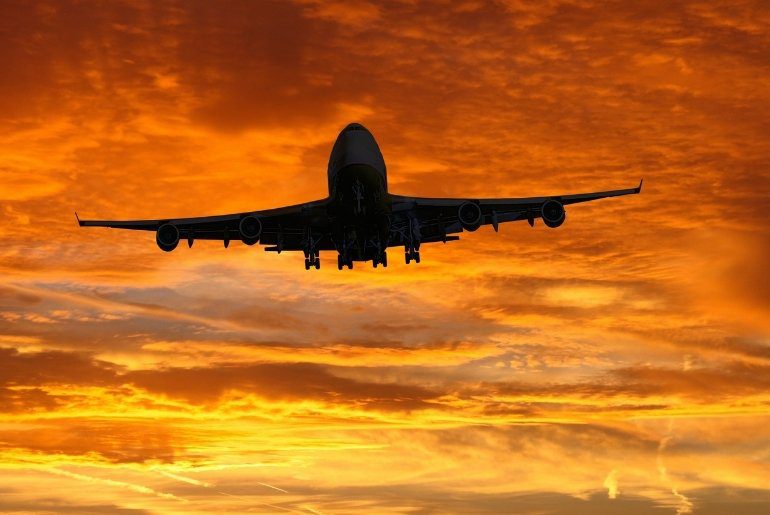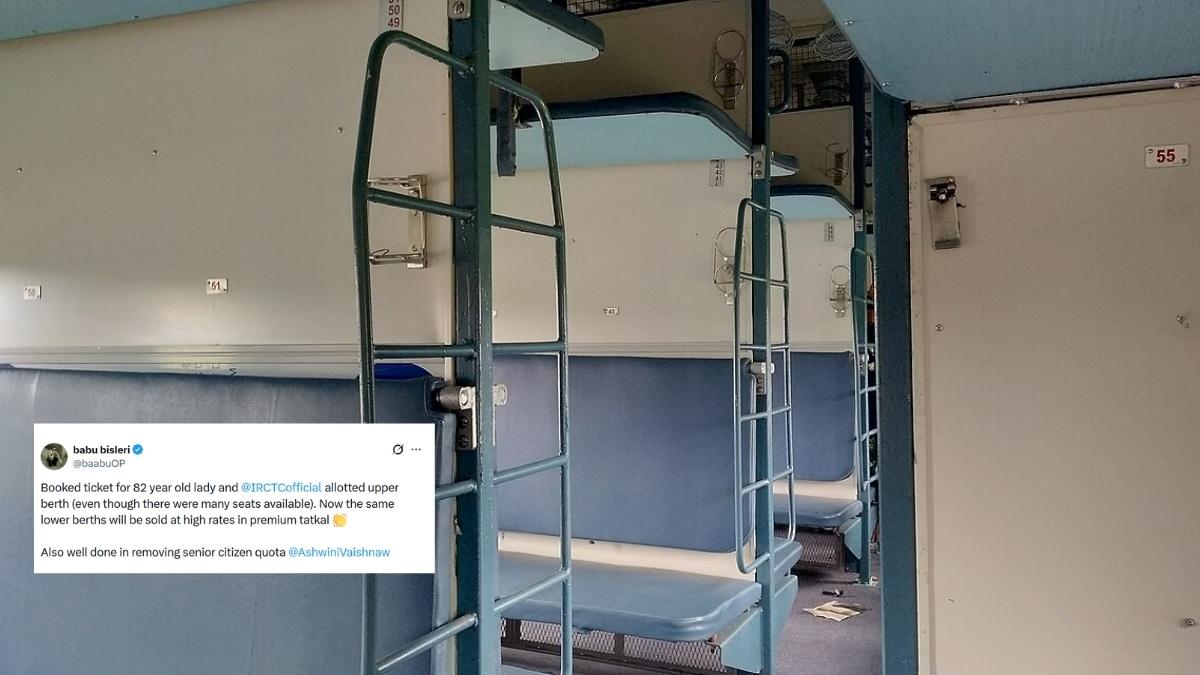By the close of this year, Indian Oil Corporation (IOC) expects to start producing sustainable aviation fuel (SAF) from discarded cooking oil at its Panipat refinery, making India a participant in one of aviation’s most closely watched energy transitions. The Indian Oil Corporation recently secured the ISCC CORSIA certification, the global standard that allows airlines to count biofuel use under international carbon offsetting rules. This sought to clear the final regulatory hurdle before commercial production.
Indian Oil Turns Waste Oil Into Jet Fuel
According to Indian Express, the Panipat plant is designed to turn out 35,000 tonnes of sustainable aviation fuel annually. That quantity, according to Indian Oil, would be sufficient to meet India’s first blending requirement of 1% for international flights in 2027. Oil collected from hotel kitchens, restaurant chains, and packaged food companies, including brands such as Haldiram’s, is expected to provide the bulk of the sustainable feedstock.
The appeal of Indian Oil’s sustainable aviation experiment lies in its compatibility. It mirrors the chemistry of aviation turbine fuel, so no changes to aircraft engines are required. Airbus has already confirmed that its fleet can fly on a 50% SAF blend, and several Indian carriers have flown demonstration services using biofuel mixes. Analysts tracking global climate goals expect SAF to shoulder over 60% of aviation’s total emissions reductions.
Also Read: Indian Airlines Might Be Drooping Poop From Airplanes Mid-Air
India’s Sustainable Aviation Experiment

The year 2027 has become a looming milestone for the industry. That is when the Carbon Offsetting and Reduction Scheme for International Aviation (CORSIA) shifts into its binding phase, obliging airlines to cap emissions at 2020 levels or face penalties. In line with this timetable, India’s National Biofuel Coordination Committee has set an initial SAF blending target of 1% in 2027 and 2% the following year. Requirements for domestic flights are expected later, though policymakers appear reluctant to impose them before international blending takes hold.
European airlines, already required to use SAF, are seen as likely early customers for IOC’s output, particularly on flights operating in and out of India. Export markets are also under consideration, since demand is projected to surge worldwide once the CORSIA deadline kicks in.
What threatens the upcoming initiative is the cost. Producing SAF currently runs to about three times the price of jet fuel refined from crude oil. Airlines have warned that passing those costs through could inflate ticket prices, making widespread adoption politically fraught.
IOC is trying to reduce that dependence on used cooking oil by advancing work on an alcohol-to-jet pathway, where ethanol serves as feedstock. Rival refiners are pursuing their own technological bets, but every new facility must be certified before it can supply the market, as stated by the Indian Express.
Also Read: Indian Airlines: Doing These Things On An Airplane Can Land You Straight In The Jail
For India, the Panipat launch by Indian Oil Corporation is not merely a showcase. It converts a low-value waste stream into a productive fuel, offers airlines a route to compliance with international obligations, and places the country on the map of an industry under intense pressure to decarbonise.
Cover Image Courtesy: ssuaphoto/CanvaPro
For more such snackable content, interesting discoveries and the latest updates on food, travel and experiences in your city, download the Curly Tales App. Download HERE. First Published: August 18, 2025 12:35 PM




